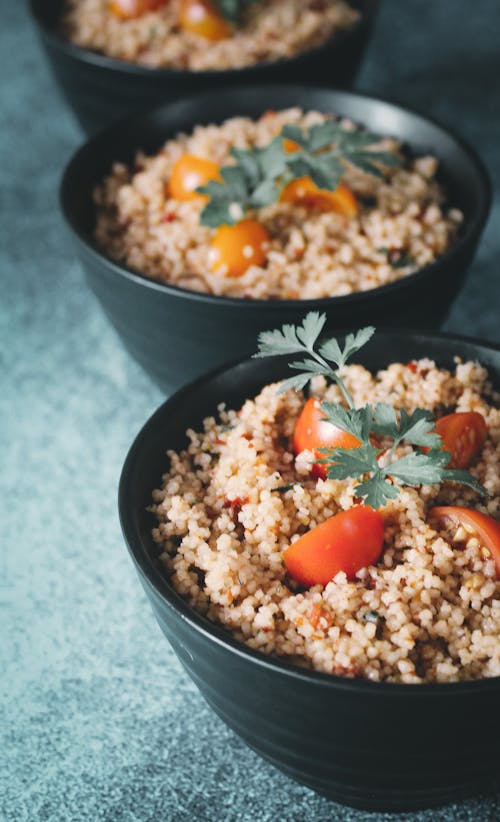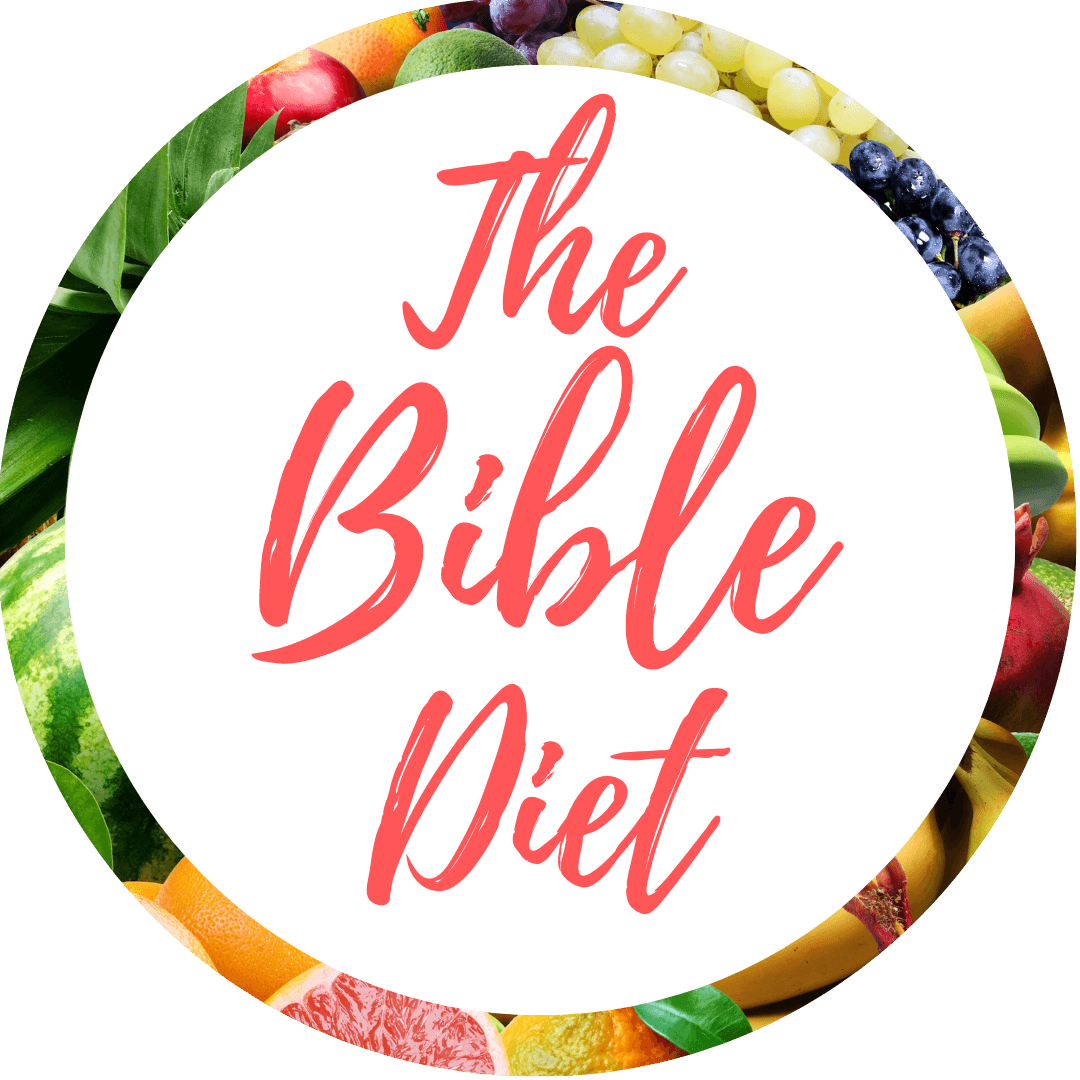Fiber is a very important component of a healthy diet. Let’s discuss why and how much you need it, and the easiest way to get fiber in your diet with a list of 20 high-fiber foods!
Why you need it
Fiber helps lower cholesterol, control blood sugar levels and achieve a healthy weight, among other benefits. Moreover, fiber is known to normalize bowel movements, helps maintain bowel health.

You can find fibers in all the food that God originally made for mankind which are fruits, grains, seeds, nuts, legumes, and vegetables. Animal products contain no fiber. As a result, plant-sourced diets lend itself to being fiber-rich without much effort.
How much fiber do we need?
Below is a daily recommendation for various age groups:
- Children 1-3 years old: 19g
- Kids 4-8 years old: 25g
- Boys 9-13 years old: 31g
- Girls 9-13 years old: 26g
- Male teens 14-19 years old: 38g
- Female teens 14-19 years old: 26g
- Men 20-50 years old: 38g
- Women 20-50 years old: 25g
- Males aged 51 years old and older: 38g
- Females aged 51 years old and older: 30g
After puberty, a person’s need for fiber increases. Therefore, it’s important to remember to have foods in the home that encourage high-fiber. For instance, fruits make for a quick and easy snack for on-the-go. Pack a handful of sliced strawberries or grab an apple for a pick me up to munch on during class or work. In addition to fruits, you’ll find that oats, almonds and chai seeds contain a considerable amount of fiber. So, how about a homemade trail mix!
Here are 20 high-fiber foods:

- Chia seeds: 34.4 grams / 100 grams
- Almonds: 12.5 grams / 100 grams
- Oats: 10.6 grams / 100 grams
- Artichokes: 8.6 grams / 100 grams
- Split peas: 8.3 / 100 grams
- Lentils: 7.9 / 100 grams
- Chickpeas: 7.6 / 100 grams
- Avocado: 6.7 grams / 100 grams
- Raspberries: 6.5 grams / 100 grams
- Kidney beans: 6.4 / 100 grams
- Pears: 3.1 grams / 100 grams
- Quinoa: 2.8 / 100 grams
- Beets: 2.8 grams / 100 grams
- Carrots: 2.8 grams / 100 grams
- Brussel sprouts: 2.6 grams / 100 grams
- Broccoli: 2.6 grams / 100 grams
- Bananas: 2.6 grams / 100 grams
- Sweet potatoes: 2.5 grams / 100 grams
- Apples: 2.4 grams / 100 grams
- Strawberries: 2 grams / 100 grams
To sum up, you can use any of the above foods to make a healthy plant-based meal for your family. In the next chapter we will discuss Eggs.



